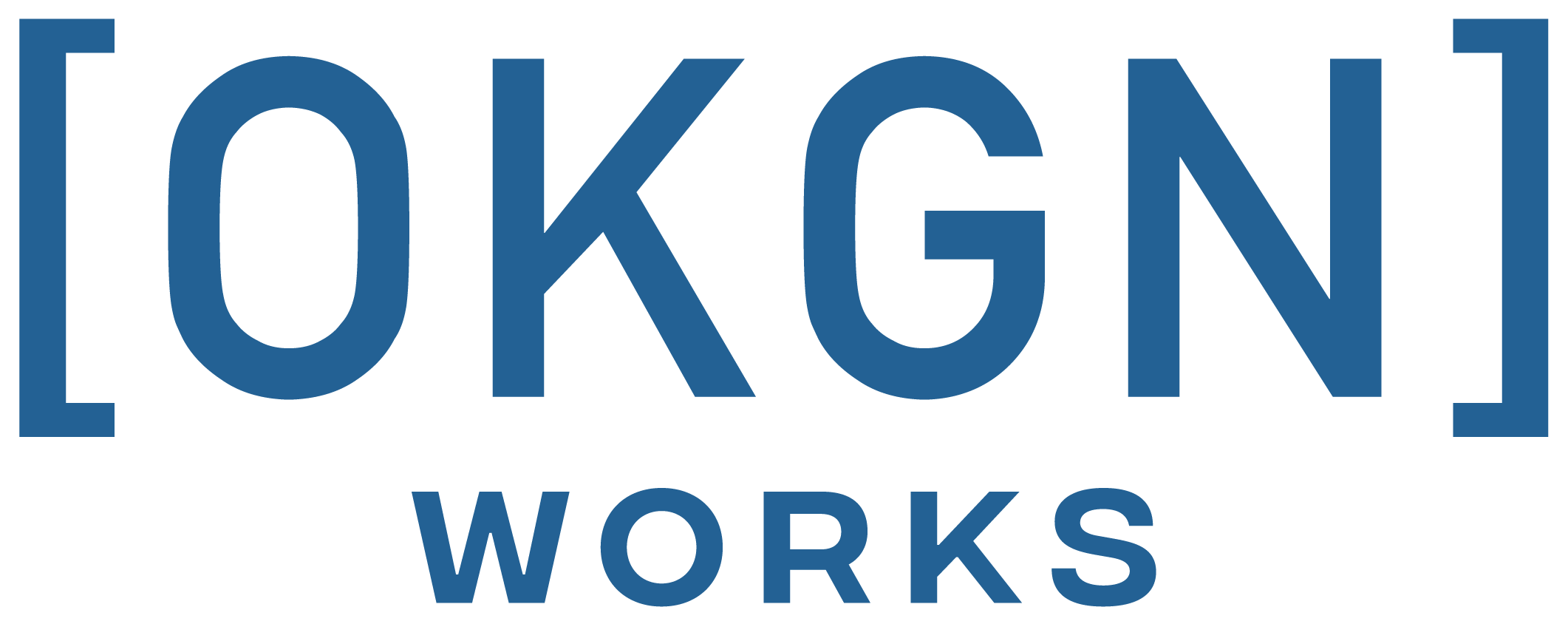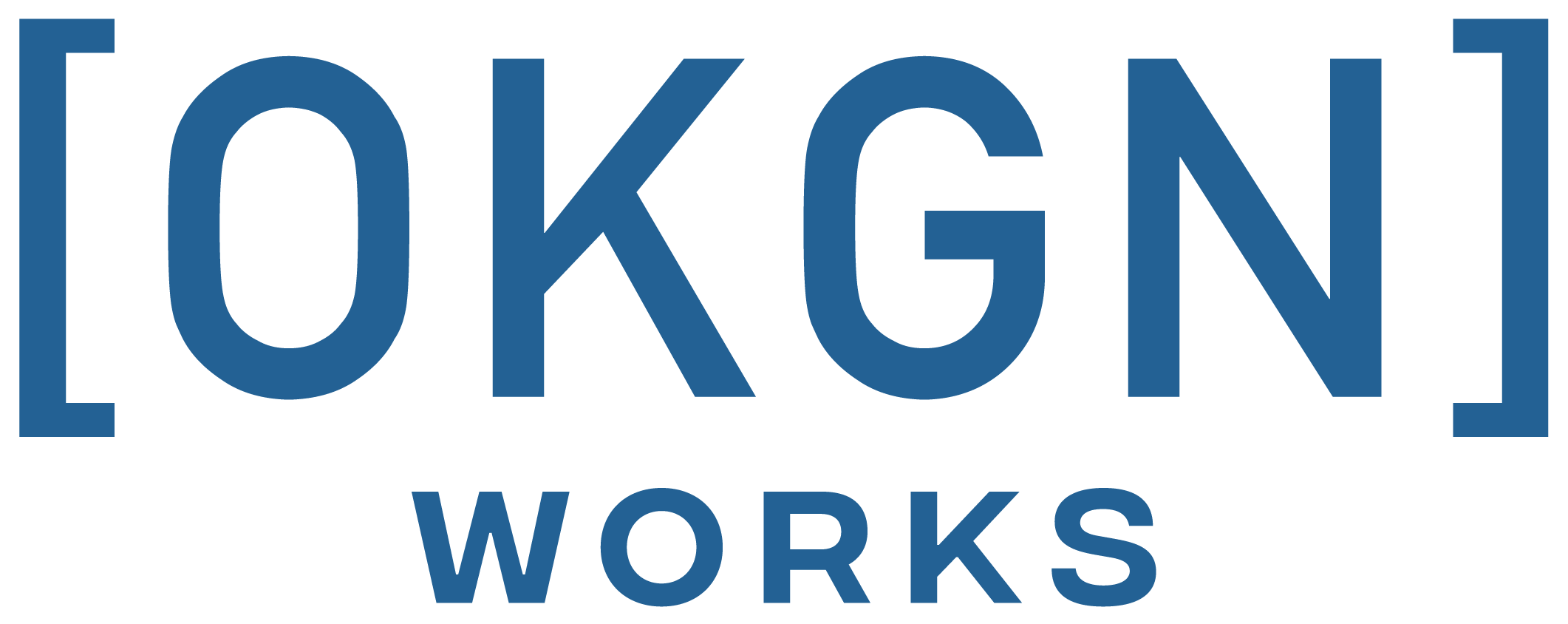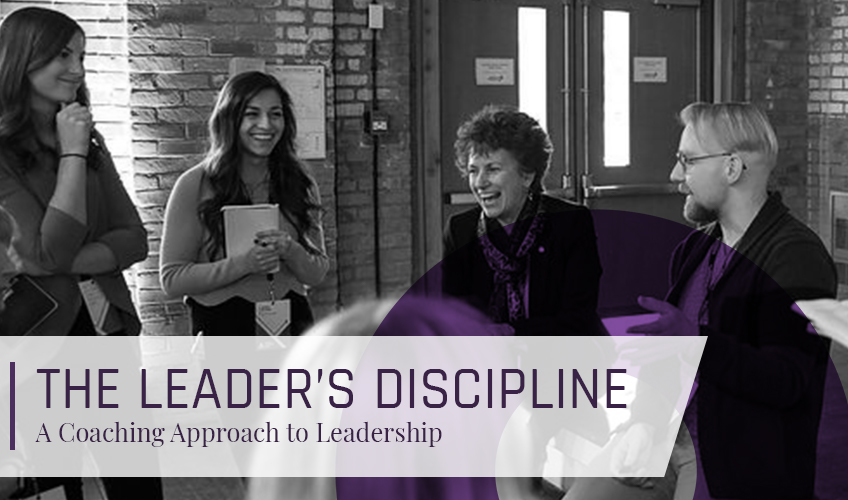There has always been a lot of debate around the effectiveness and motivation behind ‘the gift’ of feedback. Unfiltered transparency, 360 reviews, and radical candor are currently trending hard in the world of tech. The question remains, is all this feedback really having a positive impact on how we perform? Is transparency really the answer to building the kind of workplace culture we want to be a part of?
In a recent article published by Marcus Buckingham and Ashley Goodall in the Harvard Business Review, feedback is defined as sharing with someone what we think of their performance and then letting them know how they should do it better. The research suggests that these kinds of hard conversations do NOT actually help people thrive and telling them what we think they should do to improve actually HINDERS learning.

So why do we do it? There are different kinds of motivation behind ‘the gift’ of feedback. Feedback can be a source of truth, a way to coach, or a call for high performance. The reality is, constructive feedback, in all its different forms, is usually an attempt to inspire excellence. But if excellence is really what we’re after, focusing on what’s not working doesn’t really make sense. “Focusing on people’s shortcomings doesn’t enable learning; it impairs it,” suggests Buckingham and Goodall. “Where and when we excel as humans is when people who know and care about us tell us what they experience when we perform at our best.”

All that magic we thought was happening outside of our comfort zone isn’t actually that magical. In fact, when we get far out of our comfort zones, our brains stop paying attention to anything other than survival (think fight or flight). Turns out we actually learn best inside our comfort zones. This is where we’re most open to possibility, most creative, insightful, and productive.
Accelerate Okanagan recently hosted Leader’s Discipline training in the Okanagan. This executive training course, developed and delivered by the Roy Group, was a fully immersive two-day program that provided participants with the opportunity to explore the concept of coaching, quality feedback, and active listening. These concepts had very little to do with critique and everything to do with conduct. In fact, it was all about caring and creating safe spaces for reflection, inquiry, pause, and action.
Over the course of the experience participants:
-
Notice how mental state influences performance, learning, and engagement;
-
Practice and build on their ability to coach leaders and teams of leaders;
-
Investigate when coaching is most effective;
-
Address a current leadership issue they face;
-
Increase their ability and confidence in giving and receiving honest feedback.
We learned that understanding that the way in which we conduct ourselves creates an atmosphere in other people that is key to being the kind of coach that can increase performance, promote learning, and command engagement. This kind of coach knows that delivering high-quality feedback is really more about listening and asking questions then it is about imparting wisdom. Bottom line: it is never a bad idea to stop and ask yourself, ‘wait, why am I talking?’.
The Leader’s Discipline is all about delivering feedback within the comfort zone. Coaching sessions involve building rapport, asking questions, and creating space. To do this, The Roy Group developed a feedback model designed to guide new and developing leaders through the process:

 Our facilitator, Ian Chisholm created an amazing learning environment. The coaching experience was filled with tangible examples that feedback can be a force for good but only when conduct is king. And although it was at times uncomfortable to flex this new muscle, it was worth it.
Our facilitator, Ian Chisholm created an amazing learning environment. The coaching experience was filled with tangible examples that feedback can be a force for good but only when conduct is king. And although it was at times uncomfortable to flex this new muscle, it was worth it.
This training was invaluable in building leadership skills and coaching that could be applied almost immediately and we can’t wait to have the Roy Group back in the Okanagan. 








